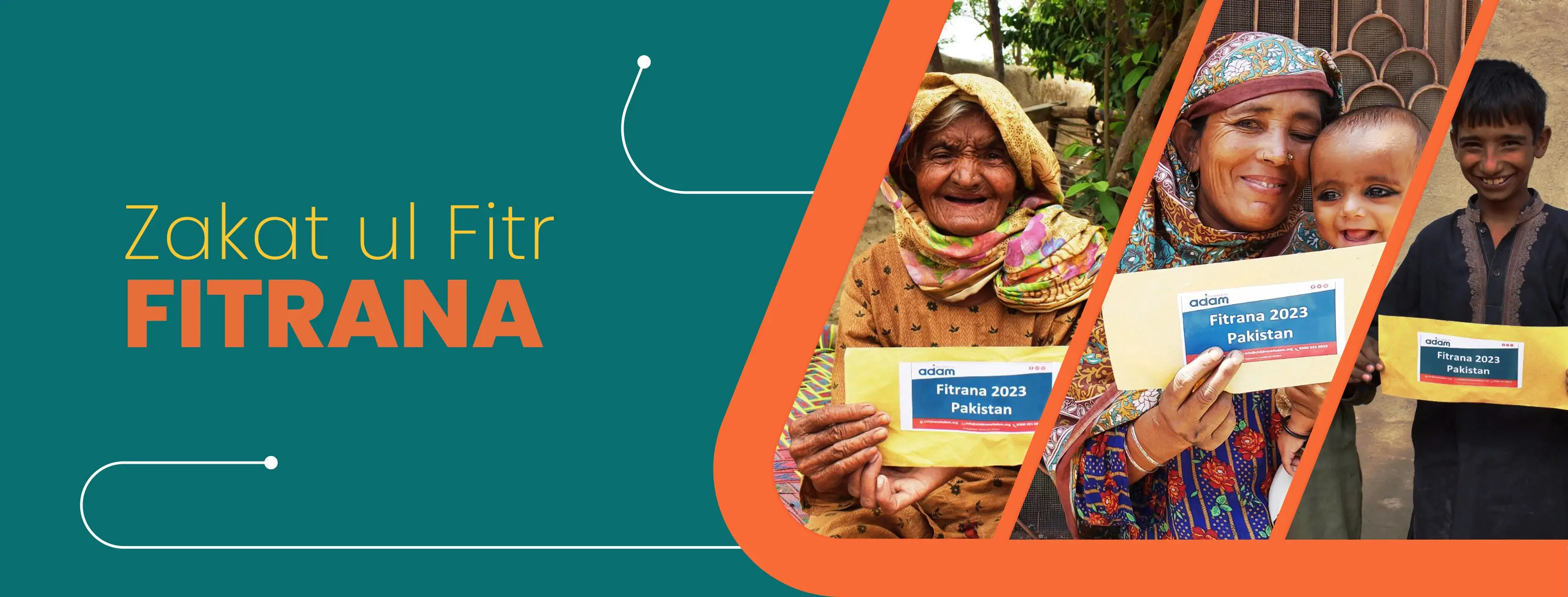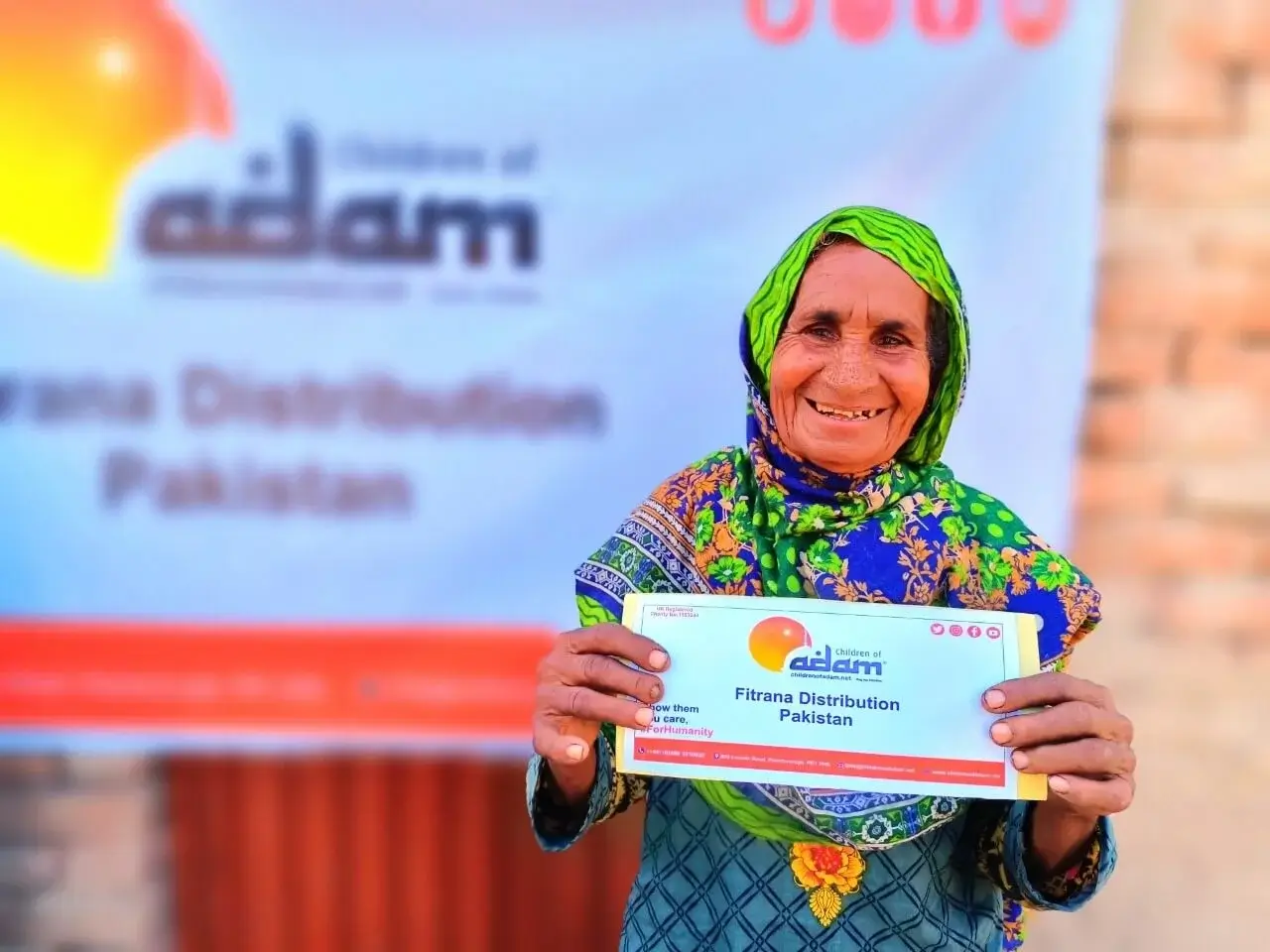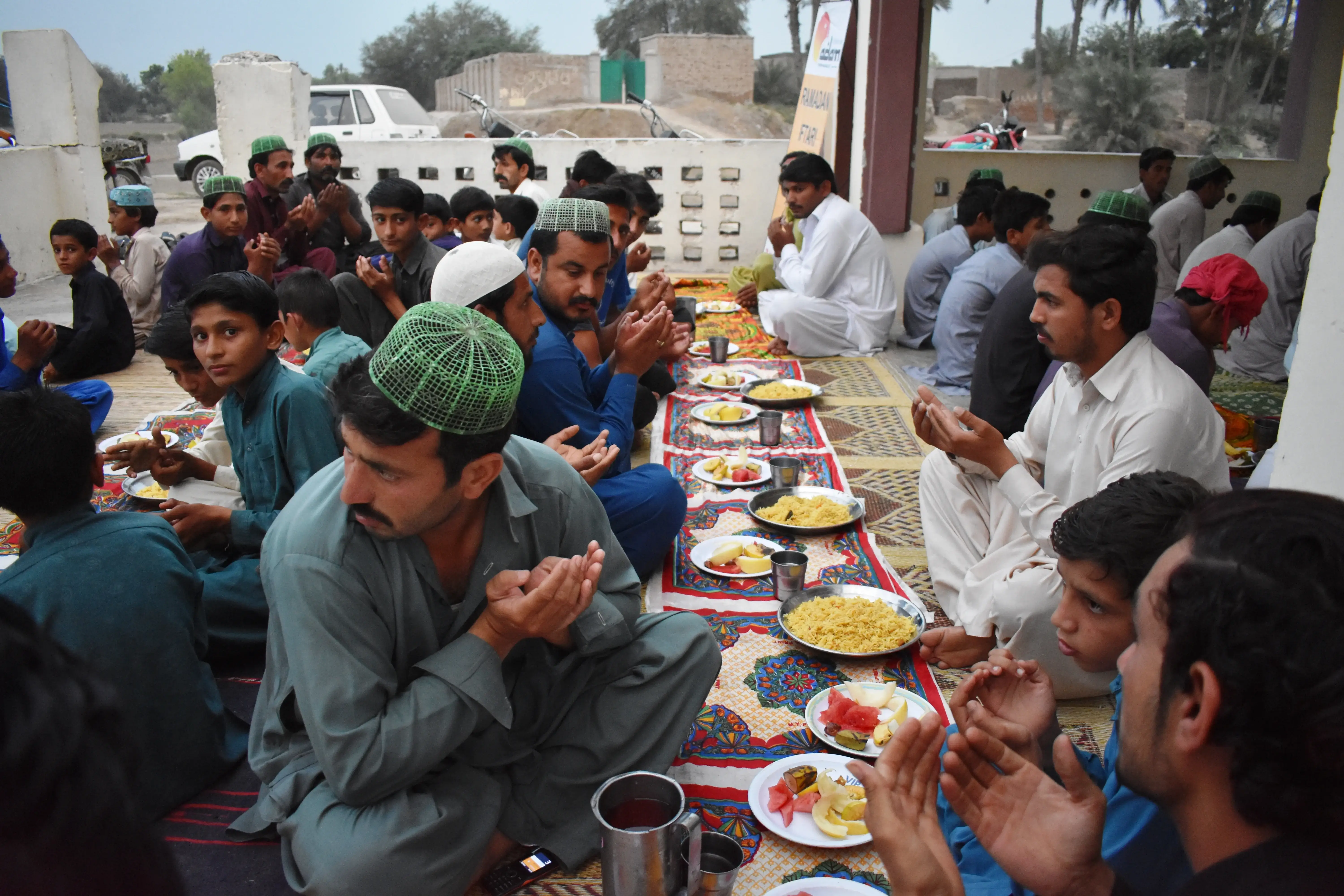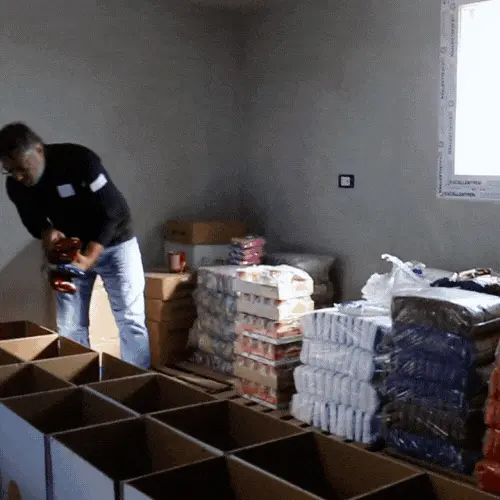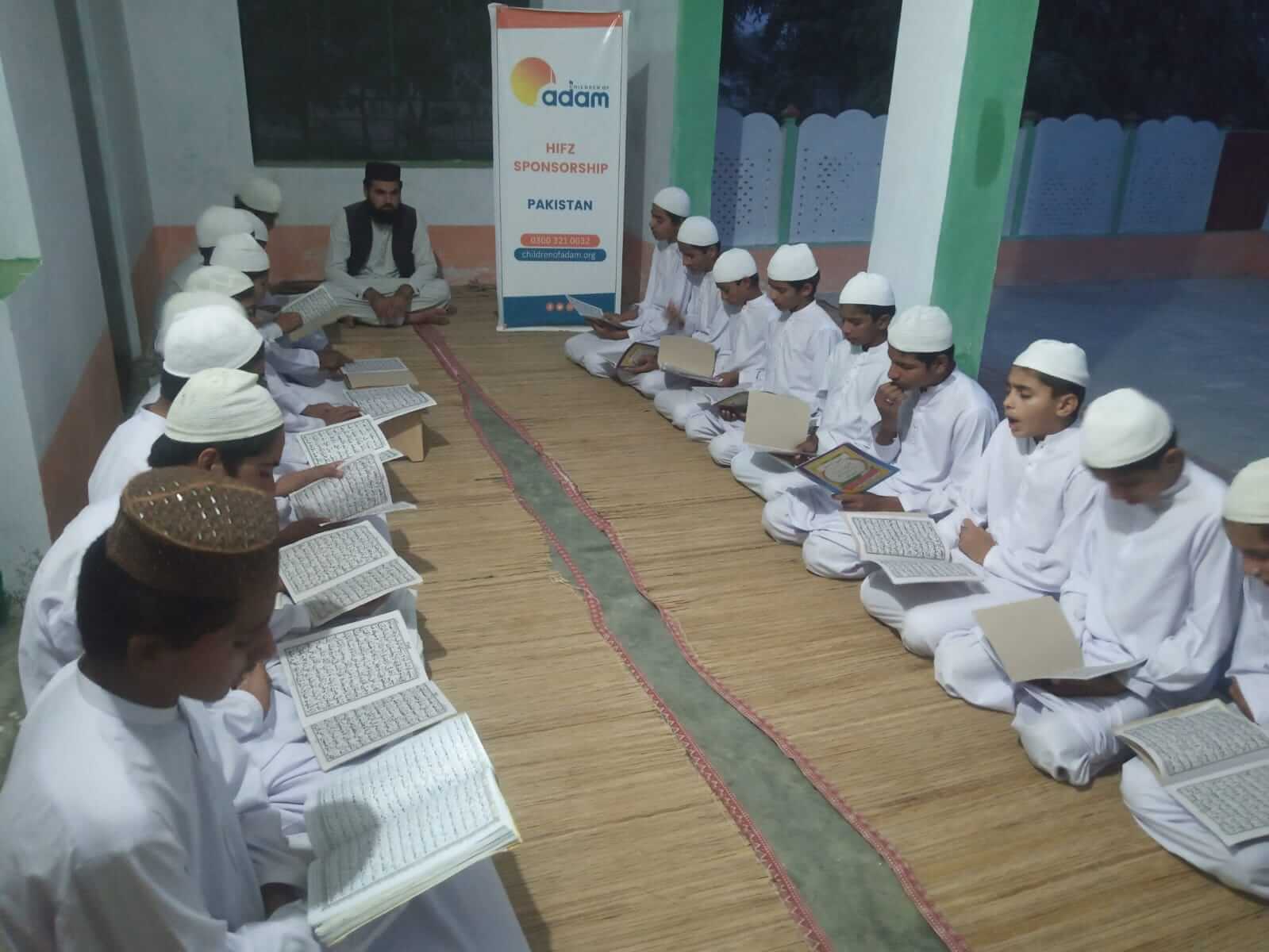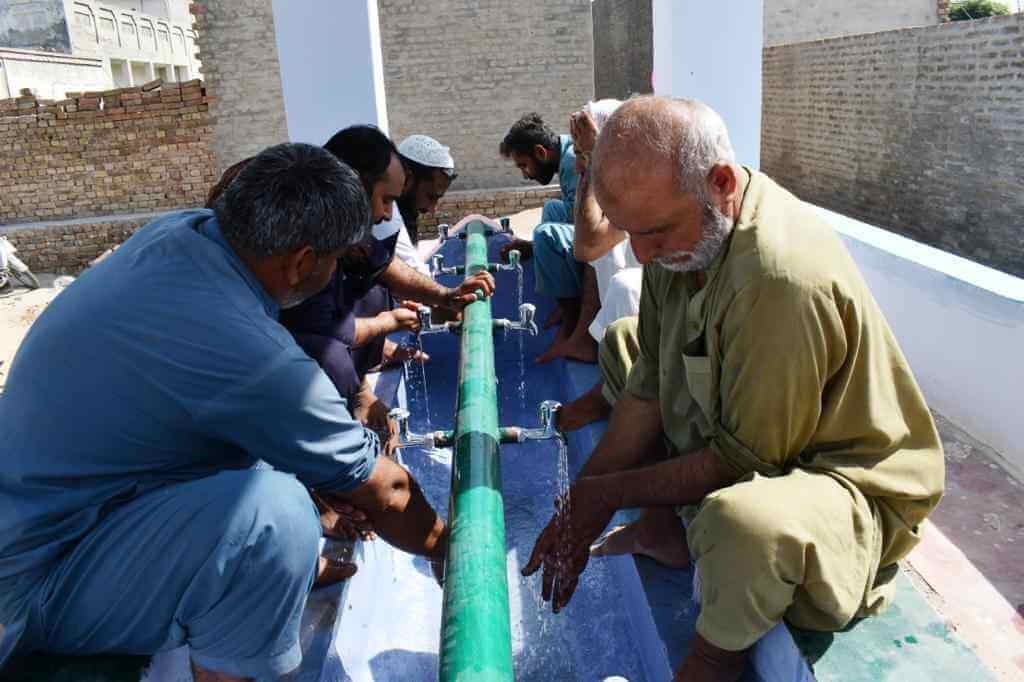Fitrana vs Zakat payment
Fitrana differs primarily from Zakat al-Mal, the Compulsory Alms of Wealth, and other forms of charity in that it is imposed on individual Muslims, rather than being based on their measures of wealth or income. Additionally, its timing is fixed to Ramadan, specifically upon the conclusion of that month.
Who must pay Fitrana?
Each and every Muslim
Several of the Prophet’s (ﷺ) Companions, may God be pleased with them—especially those involved in preserving and transmitting the Prophet’s teachings, such as Abu Hurayrah and Ibn ‘Umar—emphasize that Fitrana is a duty binding upon all Muslims universally. In the words of Abu Hurayrah, it is incumbent upon “every Muslim, regardless of status—free or enslaved, male or female, young or old, affluent or needy” (Bukhari).
Married Muslim Women
The consensus among most scholars is that Fitrana is obligatory for every single Muslim without exception. According to the Hanafi and Zahiri schools of thought, the individual responsibility for paying Fitrana extends to Muslim women, whether married or unmarried, from their own wealth. Conversely, the other legal schools stipulate that husbands are required to pay Fitrana on behalf of their Muslim wives. While the Hanafi stance appears more robust in light of the aforementioned hadith, the essential point remains that payment must be made for each individual.
Children
If children possess wealth, Fitrana is due from their individual holdings. In cases where children do not possess their own wealth, their guardians are obligated to pay on behalf of both sons and daughters.
While some scholars argue that only a father, as guardian, is required to pay on behalf of his child, exempting orphans (those without a father) from this obligation, few hold the view that Fitrana is solely the responsibility of the faster, serving to rectify any errors during fasting or purify one’s fast from moral impurities
However, this perspective is considered weak. The prevailing and widely accepted opinion is that Fitrana is obligatory for every Muslim, regardless of age. However, it does not extend to unborn children still in the womb, according to most scholars.
The Poor
According to the prevailing view, every Muslim is responsible for fulfilling the obligation of Fitrana, including those who are financially struggling, as the obligation rests on the individual rather than their wealth. The sole exemption is granted to individuals who lack sufficient resources to afford food, shelter, clothing, and other essential necessities for Eid day. (For further elaboration on what constitutes wealth eligible for Zakat, please refer to the discussion on Basic Needs in What Qualifies Wealth for Zakat?) It’s important to note that being in debt does not excuse one from paying Fitrana, unless the debt becomes due on Eid day itself and its repayment would leave the individual without the basic necessities for that day.
The Story of Fitrana
The story of Fitrana, or Zakat al-Fitr, is deeply woven into the fabric of Islamic tradition and holds a profound narrative of compassion and communal responsibility.
Dating back to the time of the Prophet Muhammad (peace be upon him), Fitrana emerged as a practice rooted in the teachings of Islam. It is narrated in Hadiths that the Prophet Muhammad prescribed the giving of a specific amount of food or its monetary equivalent to the needy before the Eid al-Fitr prayer, marking the culmination of Ramadan. This act serves multiple purposes: to purify one’s fast by expiating any shortcomings or minor sins, to ensure that all members of the community can partake in the joyous celebrations of Eid, and to foster a spirit of generosity and solidarity among Muslims.
The essence of Fitrana extends beyond a mere ritualistic obligation; it embodies the fundamental principles of compassion and social justice inherent in Islam. By giving Fitrana, Muslims express gratitude for the blessings bestowed upon them during Ramadan and acknowledge the interconnectedness of humanity. It is a tangible demonstration of empathy towards the less fortunate, ensuring that they too can experience the joy and abundance of Eid.
Moreover, Fitrana serves as a reminder of the importance of community and collective responsibility in Islam. Through this practice, Muslims come together to support each other, uplift those in need, and strengthen the bonds of brotherhood and sisterhood. It transcends economic disparities and cultural boundaries, emphasizing the universal values of generosity, kindness, and caring for one another.
In essence, the story of Fitrana is a narrative of compassion, solidarity, and communal harmony, reflecting the timeless teachings of Islam and inspiring Muslims to embody these values in their daily lives.
